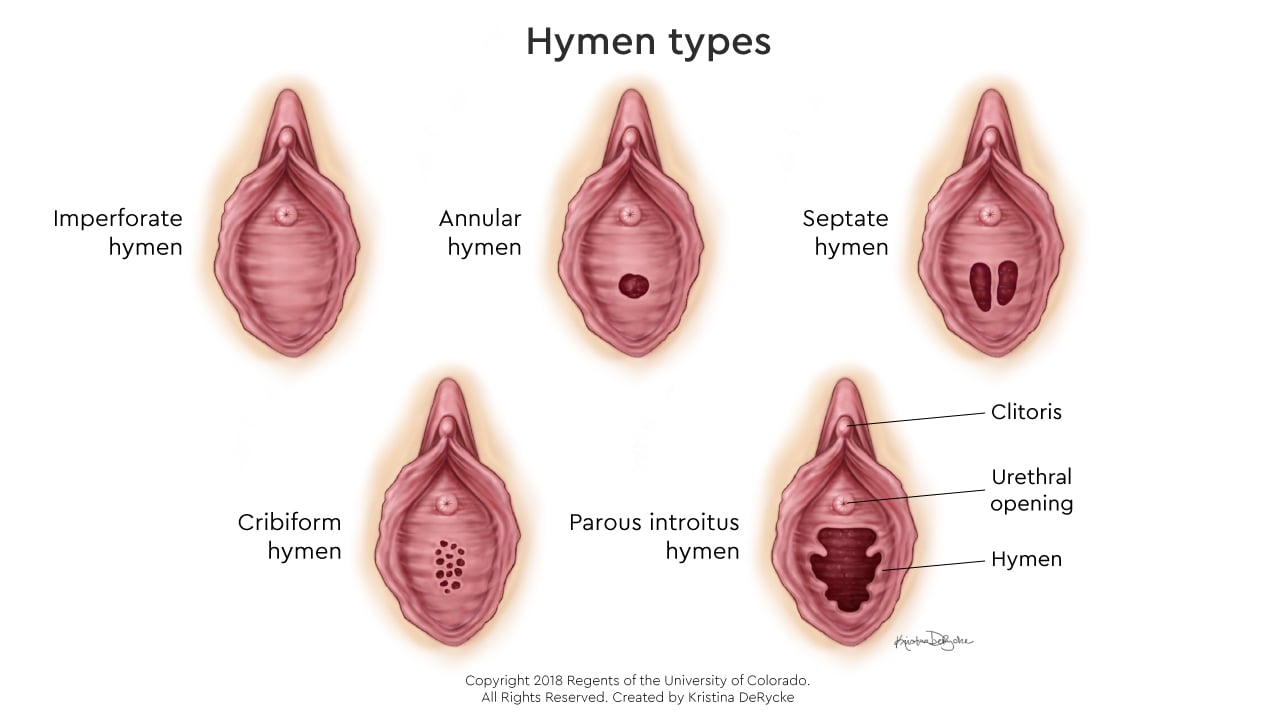- Doctors & Departments
-
Conditions & Advice
- Overview
- Conditions and Symptoms
- Symptom Checker
- Parent Resources
- The Connection Journey
- Calm A Crying Baby
- Sports Articles
- Dosage Tables
- Baby Guide
-
Your Visit
- Overview
- Prepare for Your Visit
- Your Overnight Stay
- Send a Cheer Card
- Family and Patient Resources
- Patient Cost Estimate
- Insurance and Financial Resources
- Online Bill Pay
- Medical Records
- Policies and Procedures
- We Ask Because We Care
Click to find the locations nearest youFind locations by region
See all locations -
Community
- Overview
- Addressing the Youth Mental Health Crisis
- Calendar of Events
- Child Health Advocacy
- Community Health
- Community Partners
- Corporate Relations
- Global Health
- Patient Advocacy
- Patient Stories
- Pediatric Affiliations
- Support Children’s Colorado
- Specialty Outreach Clinics
Your Support Matters
Upcoming Events
Colorado Hospitals Substance Exposed Newborn Quality Improvement Collaborative CHoSEN Conference (Hybrid)
Monday, April 29, 2024The CHoSEN Collaborative is an effort to increase consistency in...
-
Research & Innovation
- Overview
- Pediatric Clinical Trials
- Q: Pediatric Health Advances
- Discoveries and Milestones
- Training and Internships
- Academic Affiliation
- Investigator Resources
- Funding Opportunities
- Center For Innovation
- Support Our Research
- Research Areas

It starts with a Q:
For the latest cutting-edge research, innovative collaborations and remarkable discoveries in child health, read stories from across all our areas of study in Q: Advances and Answers in Pediatric Health.


Gynecology
Imperforate Hymen
Kids aren’t just mini adults. In fact, they’re incredibly different. That’s why they need incredibly different care.

What is an imperforate hymen?
A thin membrane called the hymen normally surrounds the opening of the vagina with a small, circular opening in the center. In the case of a completely imperforate hymen, this membrane does not have an opening, so it blocks the vaginal canal. "Imperforate" means lacking the normal opening.
If the hymen is only partially imperforate, there is a small opening to the vagina, but extra tissue prevents the vagina from being completely open. Imperforate hymens can vary in the amount of obstruction.

What causes an imperforate hymen?
An imperforate hymen is caused by failure of the hymen to perforate (open) during a baby's growth and development inside her mother's uterus.
Who gets an imperforate hymen?
An imperforate hymen is a condition that girls are born with. It generally affects 1 to 2% of all girls. Nobody knows why it occurs.
What are the signs and symptoms of an imperforate hymen?
Signs in a newborn:
A complete imperforate hymen may be detected in a newborn. There may be a bulge in the hymeneal membrane that is caused by a buildup of normal mucus in the vagina that cannot drain.
Symptoms in an older girl:
In an older girl, a complete imperforation completely blocks menstrual flow, which causes abdominal pain. It may also cause other signs and symptoms such as:
- Amenorrhea (lack of period)
- Fullness in the lower abdomen
- Difficulty urinating or having a bowel movement
- Back pain
What are the signs and symptoms caused by a partially imperforate hymen?
A partially imperforate hymen does not block menstrual flow. Your daughter may complain of pain or trouble inserting and removing tampons. This symptom is usually not associated with other abnormalities of the vagina, uterus and ovaries.
When is an imperforate hymen diagnosed?
Some cases of an imperforate hymen are found early in newborns who have a bulge in the hymeneal membrane. However, most complete imperforate hymens and nearly all partially imperforate hymens are diagnosed when a girl gets her period.
How is an imperforate hymen diagnosed?
A doctor at Children's Hospital Colorado will talk to you and your daughter about her health history and symptoms. After carefully reviewing the history and symptoms, the doctor will perform a gentle and careful physical exam.
There is no specific test that is done to evaluate this condition. It is diagnosed based on the history and exam findings alone. However, there are times when an imperforate hymen cannot be distinguished from a septum in the vagina.
Pelvic imaging, using magnetic resonance imaging (MRI), can help doctors decide on the correct surgical approach.
What can my daughter expect from the exam?
During a physical exam, the doctor will look at the external vulva and hymeneal opening. This exam is not painful and does not include an internal pelvic exam.
How is an imperforate hymen treated?
An imperforate hymen is treated with surgery to remove the excess hymeneal tissue. It is normally a day surgery, which means your daughter will probably not need to stay in the hospital overnight.
The doctor will remove excess hymeneal tissue and place dissolvable stitches to avoid the formation of scar tissue and re-blockage of the hymeneal opening.
When is imperforate hymen surgery recommended?
The timing of surgery is based on symptoms. Most newborns do not have any symptoms, so they do not require treatment. The doctor will only recommend surgery for a newborn if the fluid collection is causing pain or infection.
Generally, the doctor will not perform surgery until after puberty has started. This allows a greater surface area on which to operate. It also allows the presence of estrogen, which helps to facilitate surgical repair and healing. Estrogen makes the tissue pliable and relaxed, which helps it heal easily without scar tissue or closure in the vaginal opening.
What is the prognosis for imperforate hymen surgery?
Once the imperforate hymen has been surgically corrected, there should be no long-term issues. The vagina will function normally and your teenager will be able to comfortably have periods and use tampons if desired. Surgery does not interfere with the ability to have children in the future.
Why choose Children's Colorado to treat your daughter's imperforate hymen?
At Children's Colorado, we provide expert care for the diagnosis, treatment and management of health issues of the female reproductive organs in children and teens.
Our board-certified pediatric and adolescent gynecologists have specialized training in the reproductive health concerns of girls of all ages. As this condition is treated with a minor outpatient procedure, we provide both outpatient and inpatient surgical services. We also have board-certified pediatric anesthesiologists to assist us during the procedure.
Compassionate care for sensitive issues
Doctors at Children's Colorado understand that topics involving female reproductive organs can be stressful to address, which is why we're extra sensitive to the mental and emotional needs of our patients and their families. We create a friendly environment for dialogue and encourage our patients to ask questions and talk openly with their care team.
Next steps
-
Would you like to learn more about us?
Learn more about the Gynecology department -
Are you ready to schedule an appointment?
Schedule an appointment -
Do you have questions about your child’s condition?
720-777-2667

Compassionate care, wherever you are
We’re here when you need us. Telehealth appointments are available across every specialty, so you can get the high-quality care we’ve always offered from the comfort, privacy and convenience of home.
See if telehealth is right for you
Get to know our pediatric experts.

Stephen Scott, MD
Ob/Gyn Obstetrics & Gynecology

Veronica Alaniz, MD
Ob/Gyn Obstetrics & Gynecology



 720-777-0123
720-777-0123




